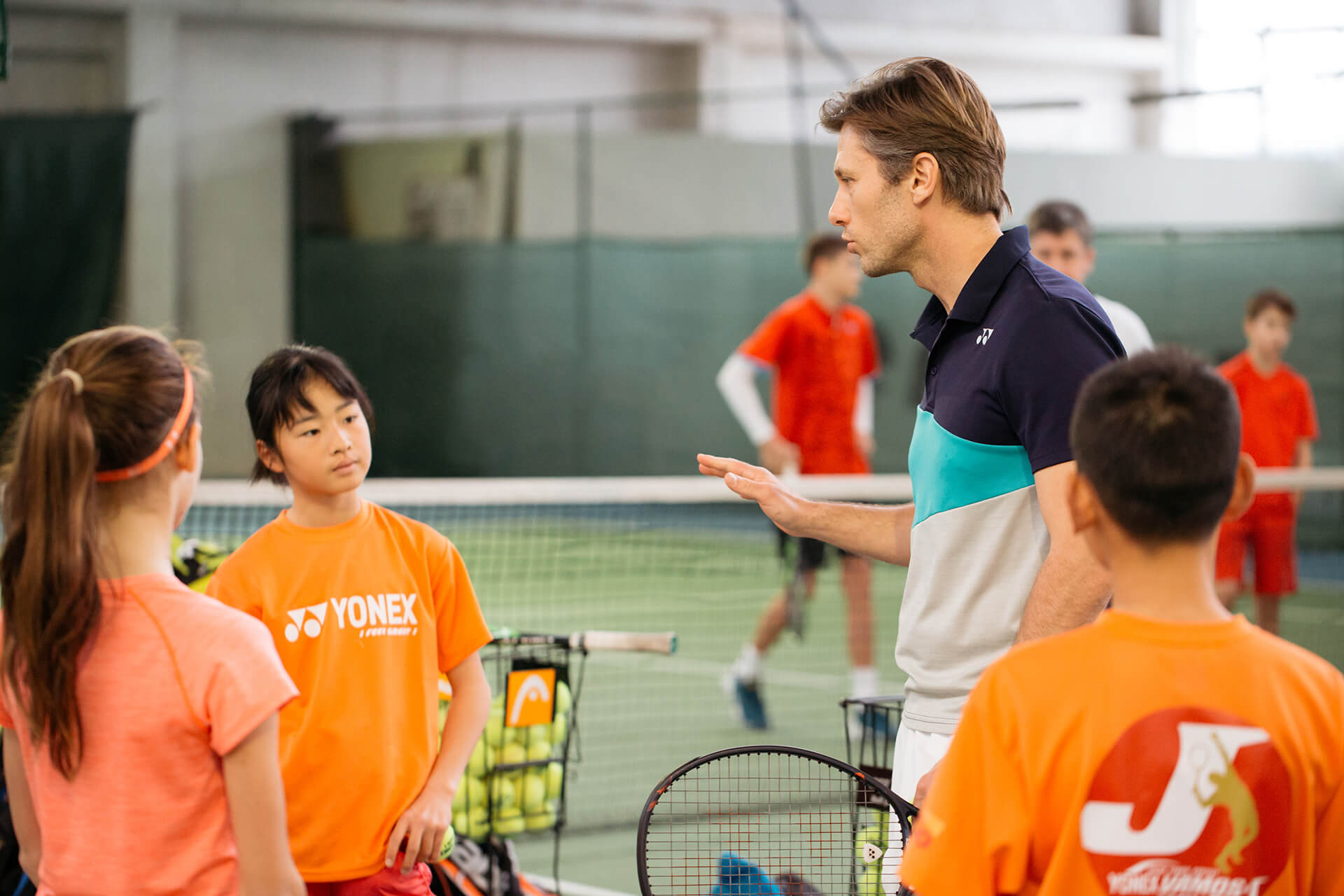
25 Apr How much a tennis coach relies on intuition?
Intuition, argues Gerd Gigerenzer, a director at the Max Planck Institute for Human Development, is less about immediately “knowing” the right answer and more about instinctively understanding what information is unimportant and can thus be discarded.
Intuition has never been titled as a form of intelligence, but would you think that someone who has great intuition in things is also more intelligent?
My “gut instinct” is to say yes, especially when we are talking about people who are already intellectually curious and willing to challenge their own assumptions.
Let me put this a bit simpler. If all you do is sit in a chair and trust your intuition, you are not exercising much intelligence. But if you take a deep dive into the subject and study numerous possibilities, you are exercising intelligence when your gut instinct tells you what is – and isn’t – important.
You might say that I’m a believer in the power of disciplined intuition. Do your legwork, use your brain, share logical arguments, and I’ll trust and respect your intuitive powers. But if you merely sit in your hammock and ask me to trust your intuition, I’ll quickly be out the door without saying goodbye.
I say this from personal experience; the more research I do, the better my intuition works.
(Bruce Kasanoff, Intuition Is The Highest Form Of Intelligence, Forbes 2017.)
Why did I quote all of this? Because intuition has a lot to do with tennis coaching.
Ivan Ljubičić once said from the coaching perspective: “the toughest part of our job is to decide when to step in and say something and when to just let the player find the way by himself.” These decisions are made by pure intuition. Every player has a specific personality and every situation that the player is facing is at least a little different that the ones before. It’s very difficult (or impossible) to successfully guide the player through this by the textbook, because even if you know what to say, you need to decide when and how to say it and this makes all the difference. Intuition plays a big part in these decisions and coach has to simply trust his gut feeling. The more experience a coach has, the more research in psychology and mental toughness he does, the better “intuitive” decisions he is going to make.
When you look at tennis coaching from the technical aspect, you can find many examples of successful players doing some technical elements out of the book. Of course, there are standardised technical patterns that are more efficient for the majority of players, but we just can’t ignore their individual differences. What suits one player, doesn’t have to suit another. That’s why intuition is the final deciding factor on whether to step in and control the player`s technical movement or let the player develop his own shot. Again, the more experienced you get, the better “intuitive” decisions you are going to make.
The problem with intuition in professional world is that it literally means arriving at an answer with confidence without being able to explain how you got to that answer. In the era of enormous available data, being unable to explain your logic is a huge liability, and yet this is exactly what happens with expert intuition. Just think about how many times you’ve given an excellent advice to a tennis player and immediately you got the question back, why? I don’t know about you but I sometimes really struggle to back up my thoughts and explain my logic behind. I guess we just have to arrive to a point where player just simply trusts our “intuition”.
Many leaders and professionals will argue that gut instinct is the realm of biased, lazy workers. They’ll say that facts and logic rule today, nothing else. Time will tell. I’d still bet on the judgment of true experts, actual human beings, who know how to study the data, apply rational thoughts, but ultimately also trust their intuition.
(Bruce Kasanoff, Intuition Is The Highest Form Of Intelligence, Forbes 2017.)
“The intuitive mind is a sacred gift and the rational mind is a faithful servant. We have created a society that honours the servant and has forgotten the gift. – Albert Einstein”
Follow me on social media: Facebook, Twitter, Instagram and Linkedin.

